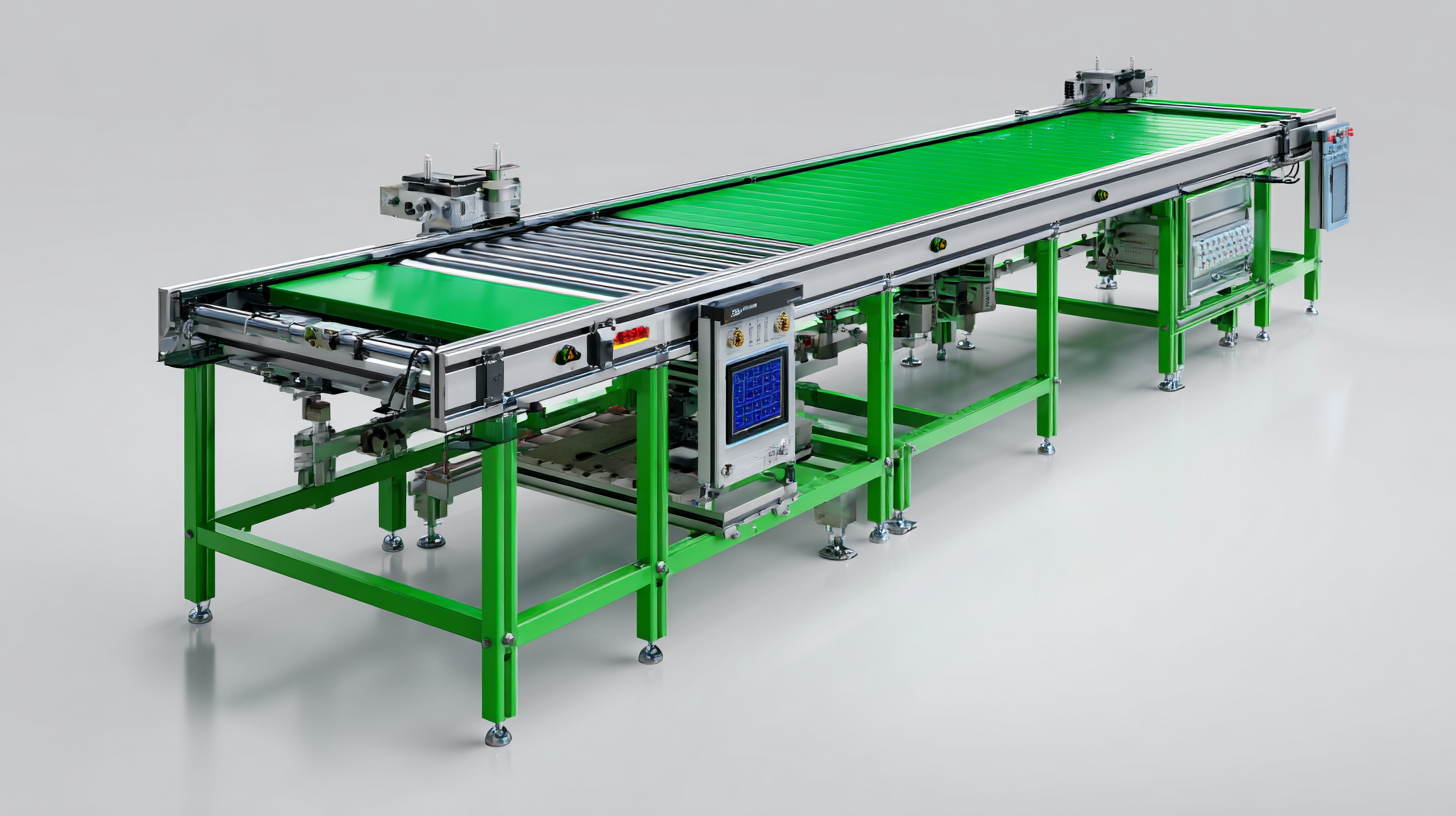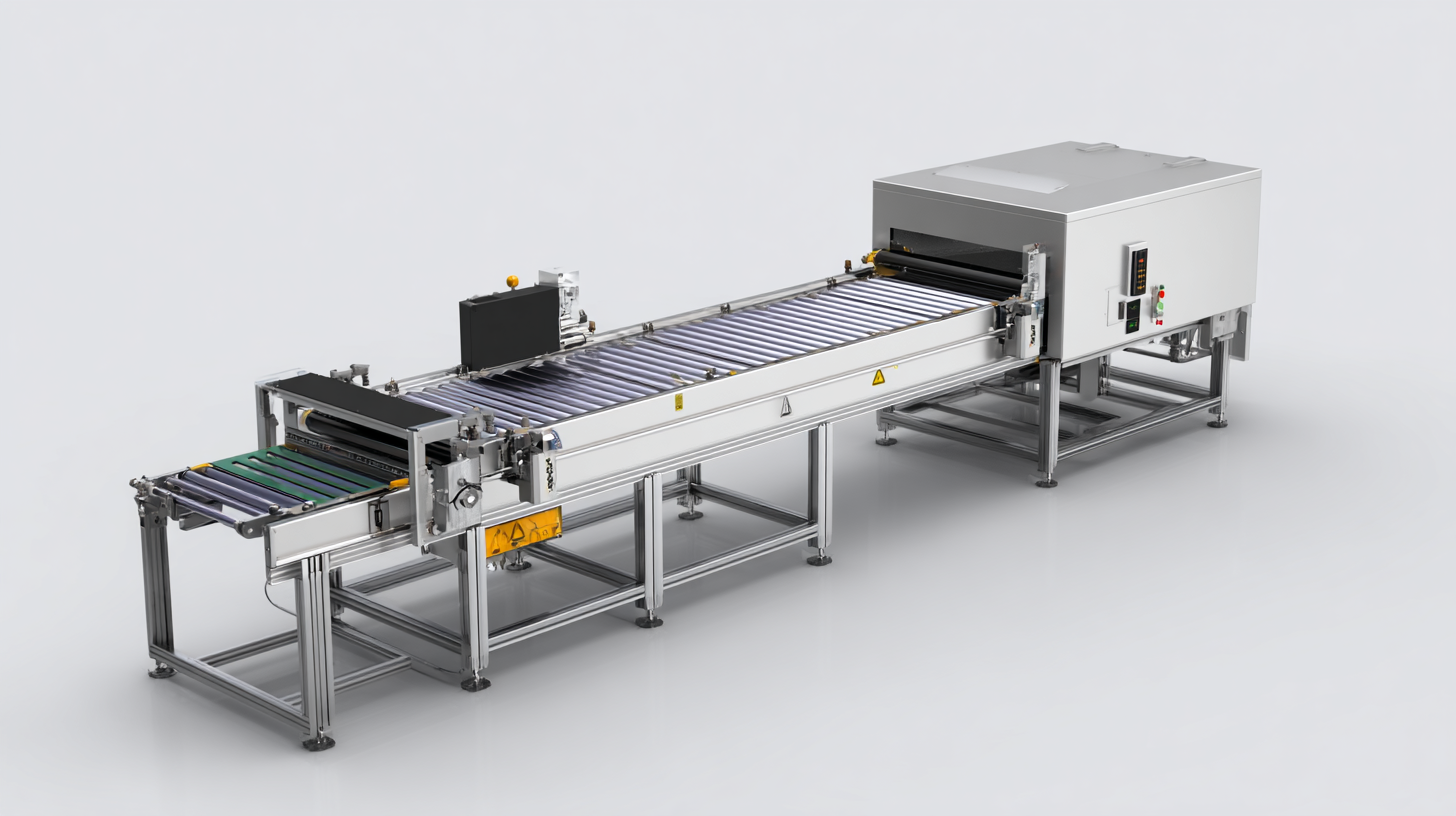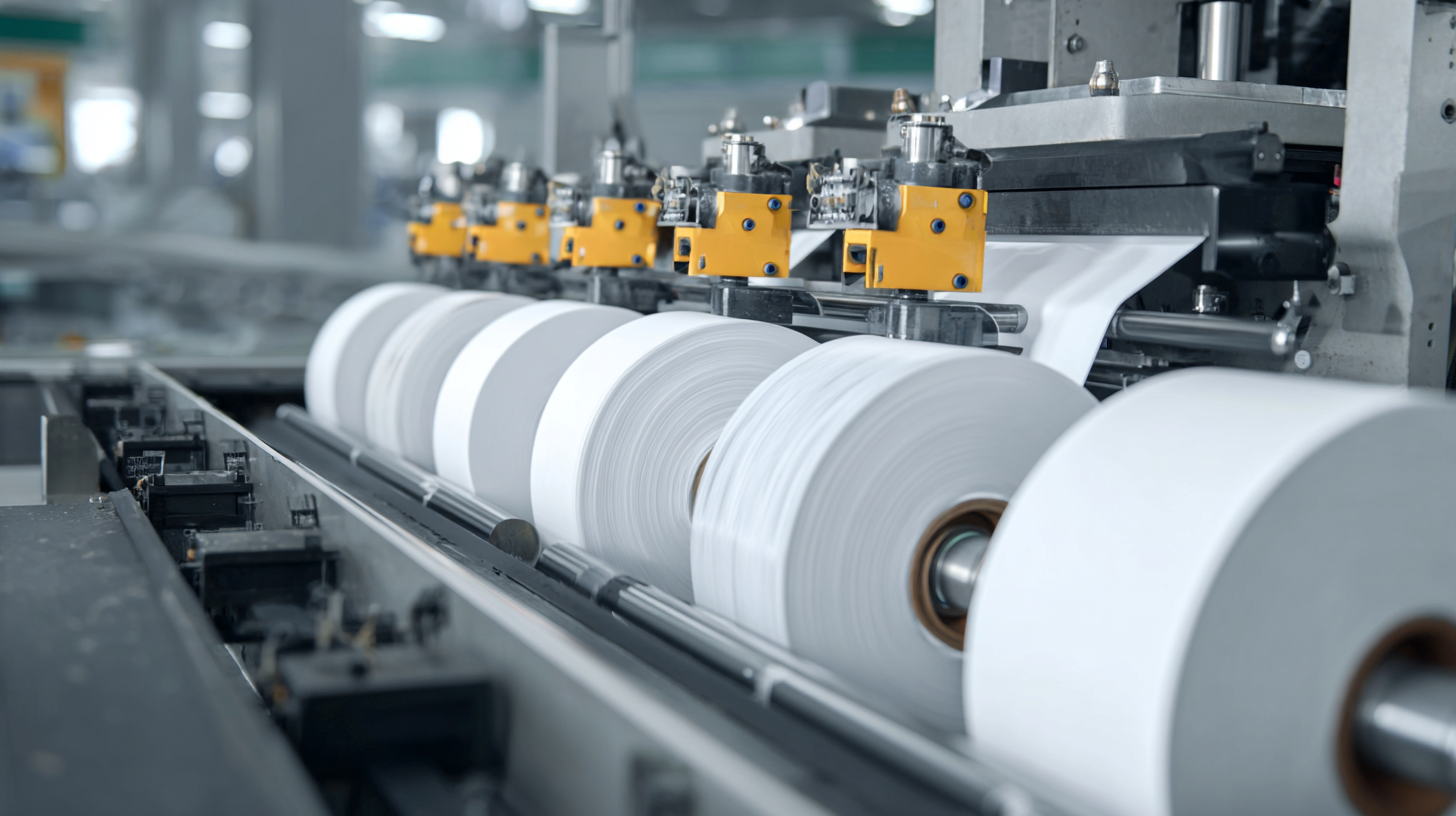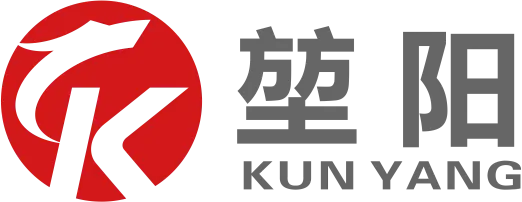In the rapidly evolving global market, the demand for high-quality Conveyor Machines has surged, underscoring the significance of import-export certifications in ensuring compliance and efficiency. According to a report by MarketsandMarkets, the global conveyor systems market is projected to reach USD 9.6 billion by 2026, growing at a CAGR of 4.9%. This growth is largely driven by industries such as manufacturing, logistics, and food processing, which increasingly rely on advanced automation solutions to enhance operational efficiency. With China's manufacturing capabilities leading the charge, understanding the certifications required for Conveyor Machines becomes essential for businesses aiming to tap into international trade. Ensuring that these machines meet global standards not only facilitates smoother entry into foreign markets but also reinforces the legacy of Chinese manufacturing as a powerhouse on the world stage.

When dealing with conveyor machines in the global market, understanding the various types of import export certifications is crucial. These certifications not only ensure compliance with international standards but also enhance trade opportunities. The most common certifications include ISO 9001, which focuses on quality management systems, and CE marking, which signifies conformity with health and safety standards in the European market. Manufacturers must navigate the certification process carefully, as it can impact their ability to compete effectively.
Another significant certification is the UL (Underwriters Laboratories) mark, particularly important in North America. It assures customers that the equipment meets rigorous safety standards. Additionally, some countries may require specific certifications related to environmental impact, such as RoHS (Restriction of Hazardous Substances), which limits the use of certain hazardous materials. Understanding these certifications can help businesses not only meet legal requirements but also build consumer trust and expand their sales reach in diverse markets.
Obtaining import export certifications is crucial for manufacturers of conveyor machines who aim to penetrate global markets. These certifications not only serve as proof of compliance with international standards but also enhance the credibility and reputation of the business. By showcasing adherence to quality and safety regulations, organizations can build trust with potential customers, facilitating smoother cross-border transactions.
Moreover, import export certifications can significantly improve market access. Many countries have stringent regulations regarding machinery imports, often requiring proven certifications. Having the necessary documentation in place enables manufacturers to meet these requirements, reducing delays and potential customs issues. This proactive approach not only ensures legal compliance but also opens up new avenues for growth in diverse markets, positioning companies favorably against competitors lacking similar credentials.
When navigating the complex world of import-export certifications, understanding global standards for conveyor machines is paramount. Different markets have unique requirements and regulations, which can significantly affect the compliance and success of your machinery. Adhering to these standards not only ensures legal trade but also enhances the trust of your clients in the quality of your equipment.
**Tip:** Always research the specific certifications required for each target market. For instance, in the European Union, CE marking indicates compliance with health, safety, and environmental protection standards. It's essential to stay updated with changes as regulations can evolve.
Additionally, engaging with certification bodies in your industry can provide valuable insights into the best practices and requirements for certification. This proactive approach can lead to smoother approval processes and faster entry into new markets.
**Tip:** Utilize online resources and networks to connect with industry experts who can share their experiences with compliance issues. This can be a vital source of knowledge and may help identify potential pitfalls in obtaining necessary certifications.
| Certification Type | Description | Issuing Authority | Applicable Regions | Validity Period |
|---|---|---|---|---|
| CE Marking | Indicates conformity with health, safety, and environmental protection standards | European Union | European Economic Area | No expiry, but must comply with current regulations |
| ISO 9001 | Quality management systems certification | International Organization for Standardization | Global | 3 years, subject to regular audits |
| UL Certification | Product safety certification | Underwriters Laboratories | North America | Varies based on product type |
| RoHS Compliance | Restricts the use of specific hazardous materials | European Union | European Union | Ongoing compliance with directives |
| FCC Certification | Indicates that the electromagnetic interference of a machine is within limits | Federal Communications Commission | United States | Lifetime unless product changes |
Securing import and export certifications for conveyor machines can be a daunting process due to a variety of challenges. One of the most common hurdles businesses face is navigating the complex regulatory landscape. Different countries have specific standards and requirements that must be met before machinery can cross their borders. Understanding these intricate specifications, which might include safety testing, environmental impact assessments, and compliance with international standards, demands substantial resources and expertise that many companies may lack.

Another significant challenge is the potential for delays in the certification process. Regulatory bodies often have lengthy evaluation periods, which can hinder a company’s ability to bring their products to market promptly. Furthermore, even minor discrepancies in documentation or failure to meet certain criteria can lead to rejection or required revisions, adding to the timeline. Companies need to invest in thorough preparation and possibly seek expert guidance to ensure all aspects of their certification applications are meticulously handled, minimizing the risk of setbacks that could impact their competitiveness in global markets.
As the conveyor machine industry evolves, certification requirements are becoming increasingly stringent to meet global efficiency standards and environmental concerns. The growing focus on automation and technology integration is setting new benchmarks for manufacturers. With advancements in machine learning and predictive maintenance technologies, companies are adapting to enhance operational capabilities and ensure compliance with emerging regulations. This shift not only improves productivity but also aligns with sustainability goals, as companies strive to reduce waste and increase energy efficiency.

Furthermore, as markets expand, manufacturers must stay informed about the latest certification standards required in diverse regions. This includes understanding the implications of investments in automated material handling equipment, which is projected to grow significantly over the next decade. As the industry continues to innovate, keeping abreast of changing certification requirements will be crucial for global competitiveness and success in new markets. The integration of smart technologies in conveyor systems is essential, ensuring they meet both current and future certification demands while providing optimal performance in dynamic operational environments.
